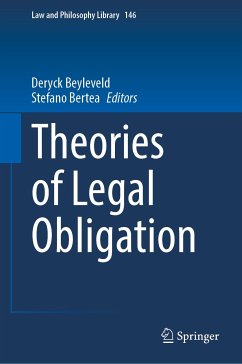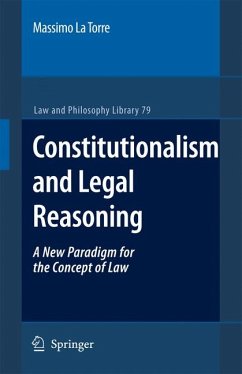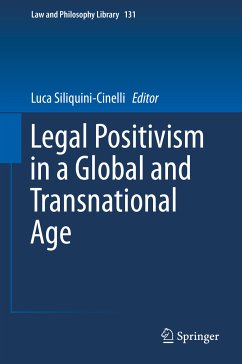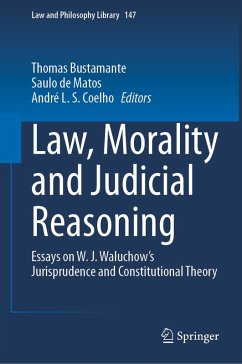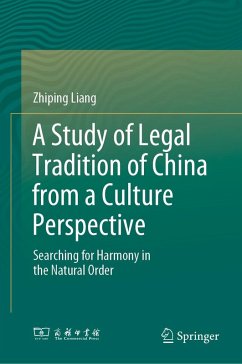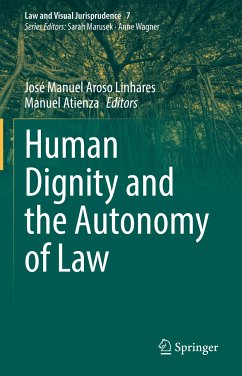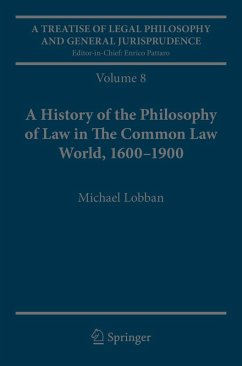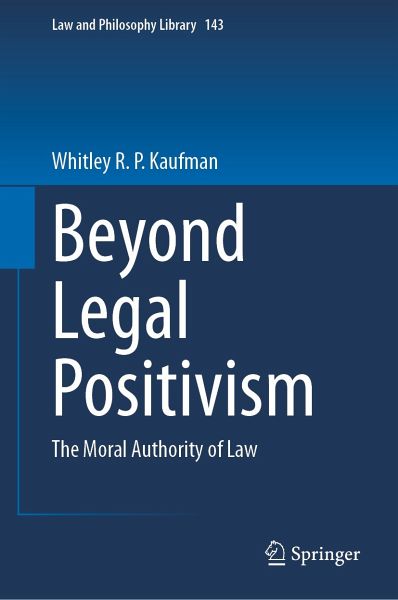
Beyond Legal Positivism (eBook, PDF)
The Moral Authority of Law
Versandkostenfrei!
Sofort per Download lieferbar
112,95 €
inkl. MwSt.
Weitere Ausgaben:

PAYBACK Punkte
56 °P sammeln!
Legal Positivism has been the dominant school of legal philosophy for much of the last century, despite its many critics. Its central tenet has long been that there is no necessary connection between law and morality. This book provides a broad but clear and jargon-free account of the central objections to the theory and why those objections are sufficient to show that legal positivism is no longer tenable. This includes a broad critique of the purported distinction method of legal positivism, the idea of 'conceptual analysis,' as well as a detailed assessment of the most influential of all le...
Legal Positivism has been the dominant school of legal philosophy for much of the last century, despite its many critics. Its central tenet has long been that there is no necessary connection between law and morality. This book provides a broad but clear and jargon-free account of the central objections to the theory and why those objections are sufficient to show that legal positivism is no longer tenable. This includes a broad critique of the purported distinction method of legal positivism, the idea of 'conceptual analysis,' as well as a detailed assessment of the most influential of all legal positivist theories, that of H.L.A. Hart. The book also provides a defense of the natural law school, which holds in contrast to legal positivism that the authority of law arises from its intrinsic connection to morality. The author demonstrates that most of the criticism of the natural law school arises from a caricatured account of that doctrine, for instance the idea that it requires substantive theological commitments or particular conceptions of human nature. In contrast, the author presents an account of natural law theory that is grounded in a commitment to moral truth, but not to any theological beliefs. The nature of law can only be understood in terms of its moral function, to provide a clear set of moral rules that are required for a society to function effectively.
Dieser Download kann aus rechtlichen Gründen nur mit Rechnungsadresse in A, B, BG, CY, CZ, D, DK, EW, E, FIN, F, GR, HR, H, IRL, I, LT, L, LR, M, NL, PL, P, R, S, SLO, SK ausgeliefert werden.



